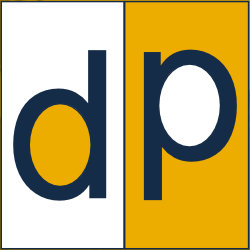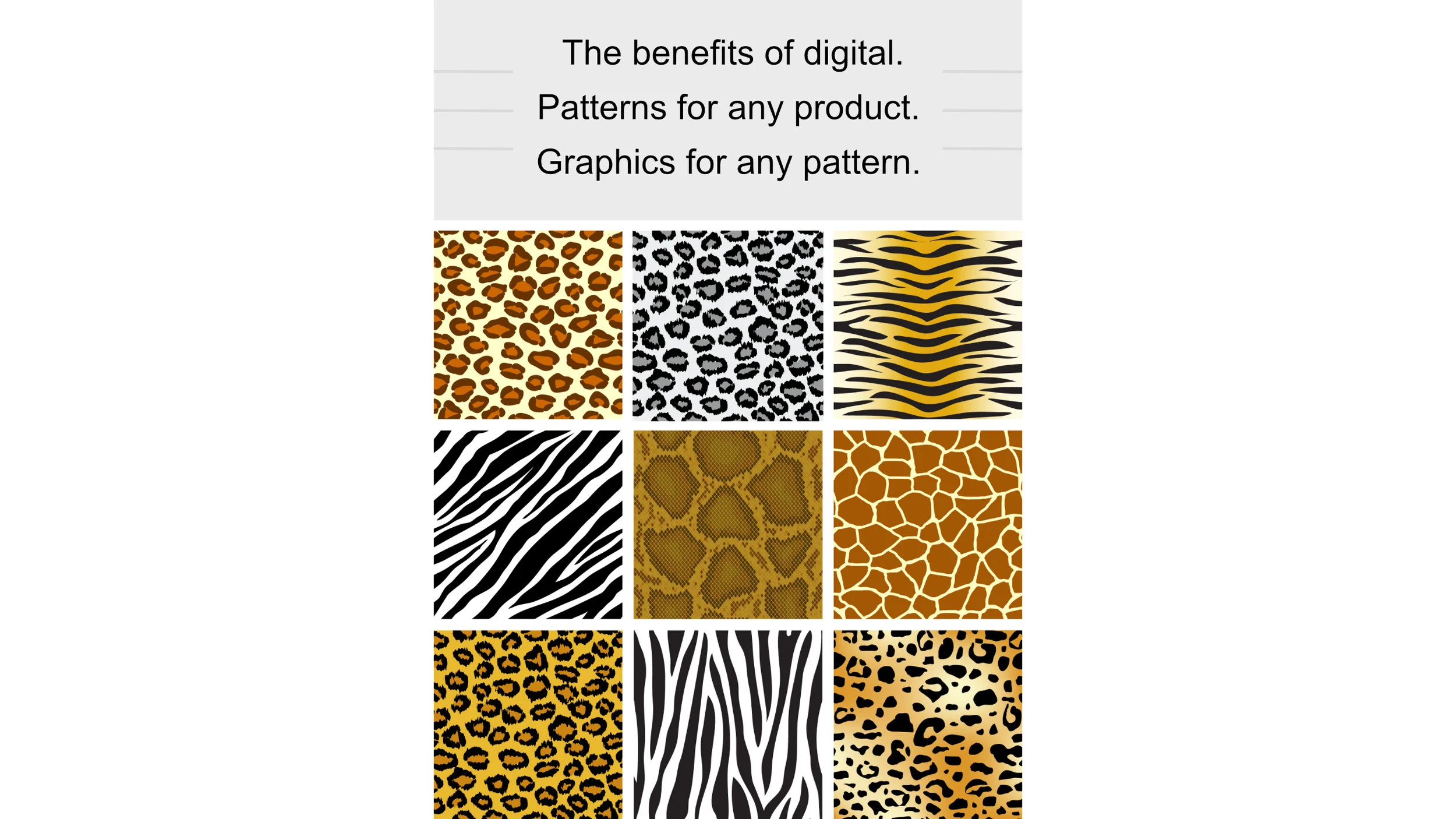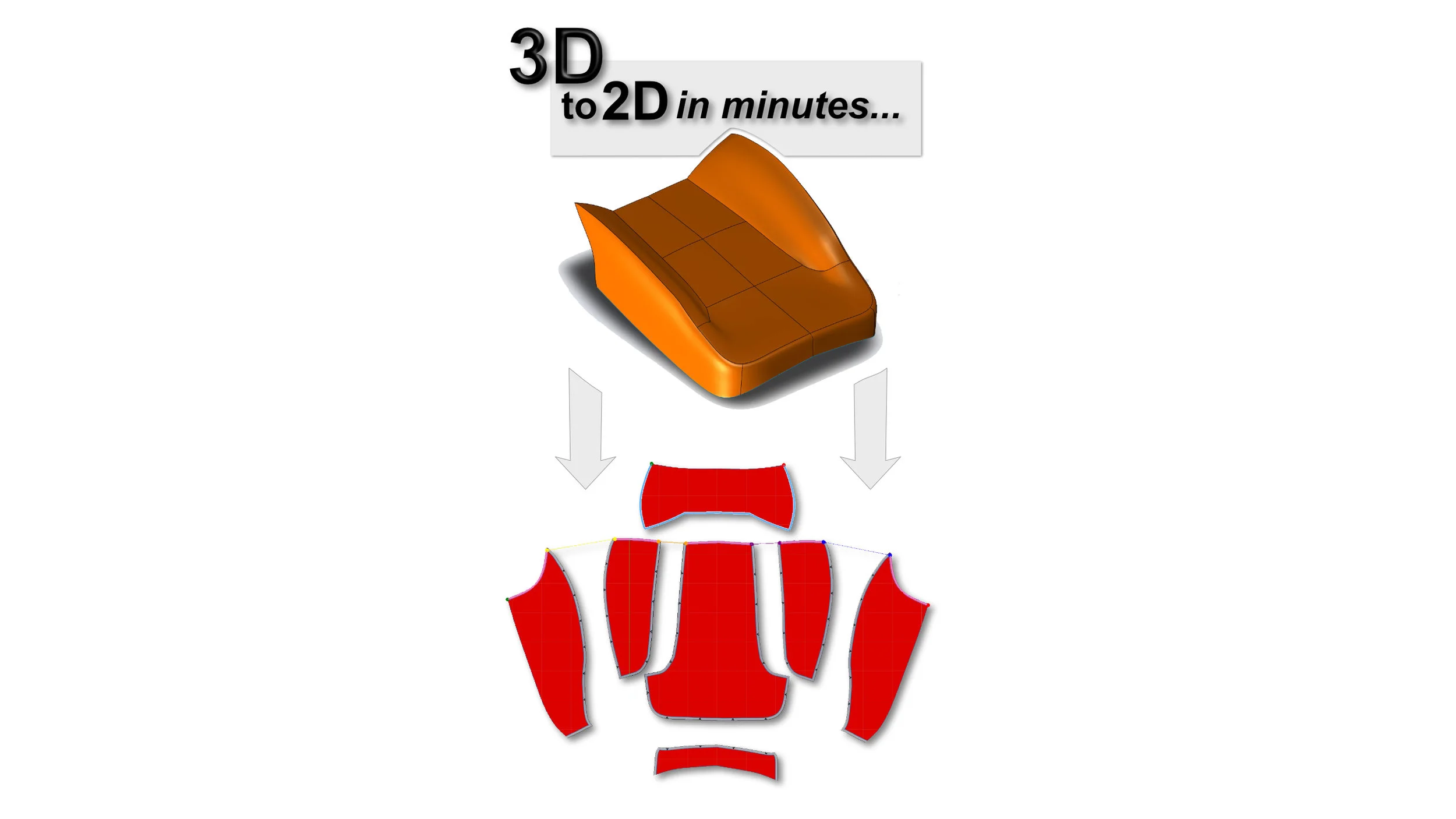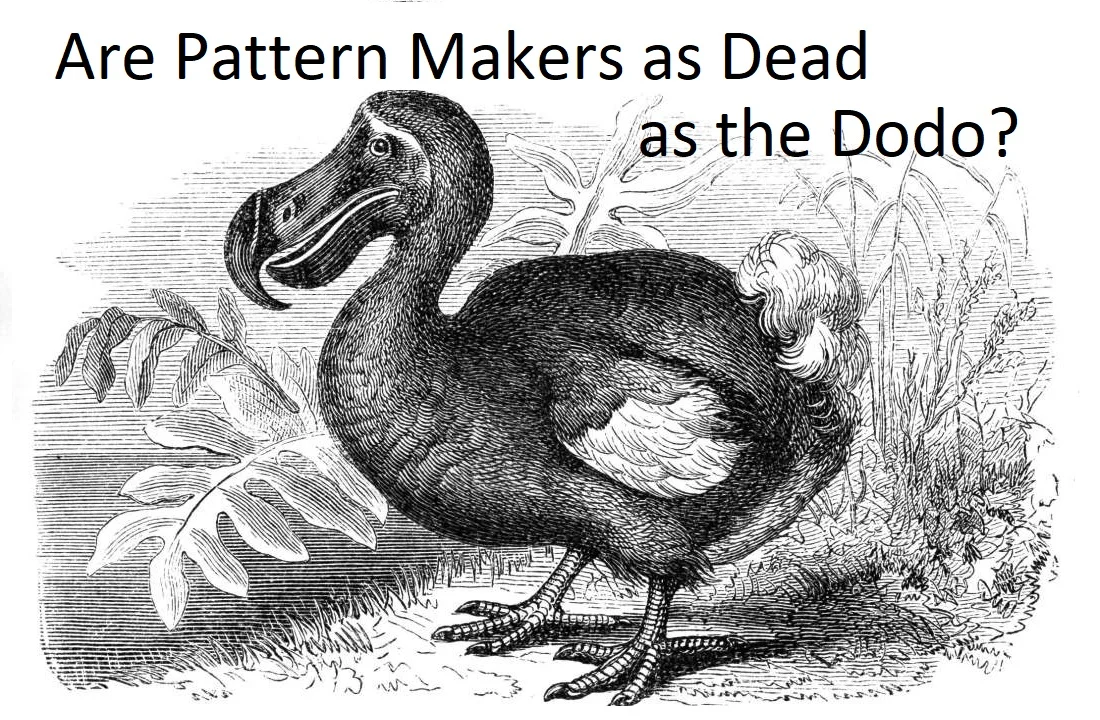The transition to digital brings benefits to Print, Cut and Sew
Why stop with automation at the design stage?
Digital Design and Patterning software saves time and costs by eliminating manual processes. Companies that transition to digital also benefit by streamlining the ways they react to changes required by the client or production team.
In this article we will explore a few of the recent hardware and software solution advances that can help drive the benefits of digital to your entire ecosystem.
What’s the problem anyway?
Old-school processes like flow matching and manually sewing individual pieces together are rapidly being replaced by microfactory tools that offer:
- Custom printing and cutting (rather than the use of pre-printed fabric)
- Ultrasonic Welding (rather than needle and thread)
Print and Cut
CNC cutters have been used for decades to automate the cut stage of the fabrication process. The latest innovation is the advent of dye sublimation printers which eliminate the need to work with pre-printed fabrics. By utilizing a combination of ExactFlat digital patterning technology and these new printer/cutters, textiles manufacturers can avoid the constraints of working with pre-printed fabrics (ex. Pre-planning the alignment of the pattern across pieces). Now the pattern is translated from the 3D model, printed precisely on the fabric and then cut. No additional aligning effort is needed.
Sew and Assemble
Traditionally a sewing machine is used to join technical textile components. (such as automotive seating, leather goods, or protective clothing). New techniques including “Ultrasonic welding” are being evaluated as a means to further automate the digital design to manufacturing process.
Ultrasonic welding incorporates a series of innovations including programming of entire seam sections which automates the process, differential feeding which allows smooth and non-distorted seams, and cut and seal which enables joining and trimming in one operation.
The process offers several technical advantages - no needle, no thread, no consumables. Additionally, designer's may implemented a wider variety of seam designs, because the seam detail is specified via the machine's selected anvil wheel.
What’s Next
Want more information on how ExactFlat digital design and patterning bridges the automation gap in manufacturing? Click on the link below to speak with an expert and delves further into the cost-saving importance of transitioning to digital. Or simply start your free trial of ExactFlat today!










